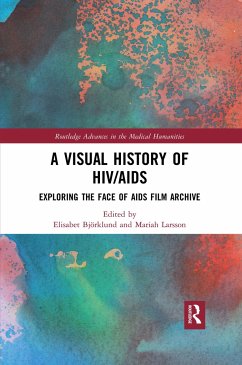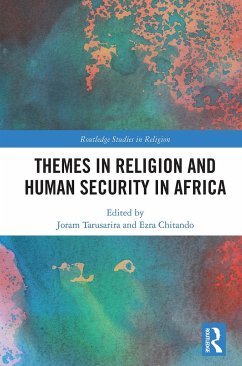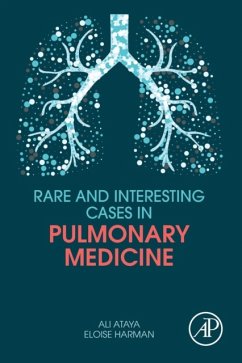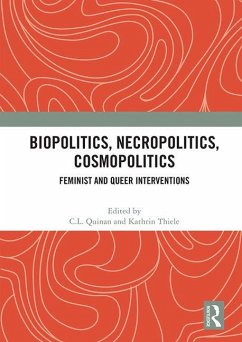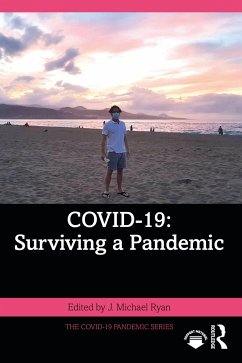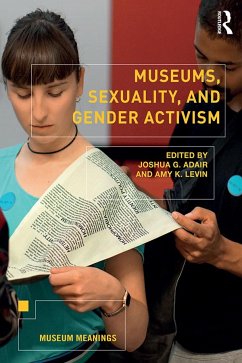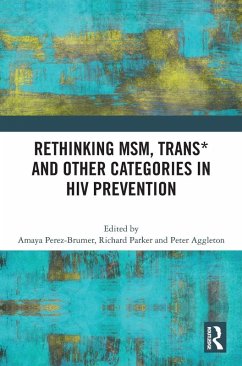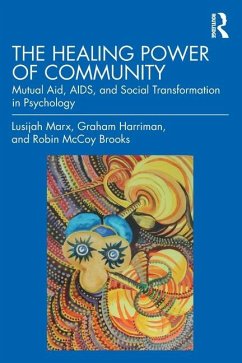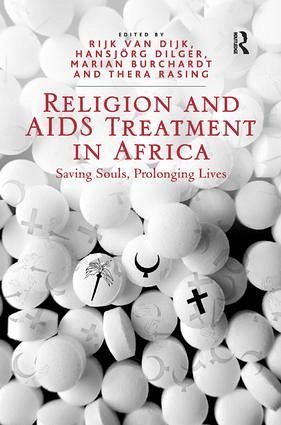
Religion and AIDS Treatment in Africa
Saving Souls, Prolonging Lives
Herausgegeben: Dijk, Rijk van
Versandkostenfrei!
Versandfertig in 6-10 Tagen
38,99 €
inkl. MwSt.
Weitere Ausgaben:

PAYBACK Punkte
19 °P sammeln!
This book critically interrogates emerging interconnections between religion and biomedicine in Africa in the era of antiretroviral treatment for AIDS. Highlighting the complex relationships between religious ideologies, practices and organizations on the one hand, and biomedical treatment programmes and the scientific languages and public health institutions that sustain them on the other, this anthology charts largely uncovered terrain in the social science study of the Aids epidemic. Spanning different regions of Africa, the authors offer unique access to issues at the interface of religion...
This book critically interrogates emerging interconnections between religion and biomedicine in Africa in the era of antiretroviral treatment for AIDS. Highlighting the complex relationships between religious ideologies, practices and organizations on the one hand, and biomedical treatment programmes and the scientific languages and public health institutions that sustain them on the other, this anthology charts largely uncovered terrain in the social science study of the Aids epidemic. Spanning different regions of Africa, the authors offer unique access to issues at the interface of religion and medical humanitarianism and the manifold therapeutic traditions, religious practices and moralities as they co-evolve in situations of AIDS treatment. This book also sheds new light on how religious spaces are formed in response to the dilemmas people face with the introduction of life-prolonging treatment programmes.





